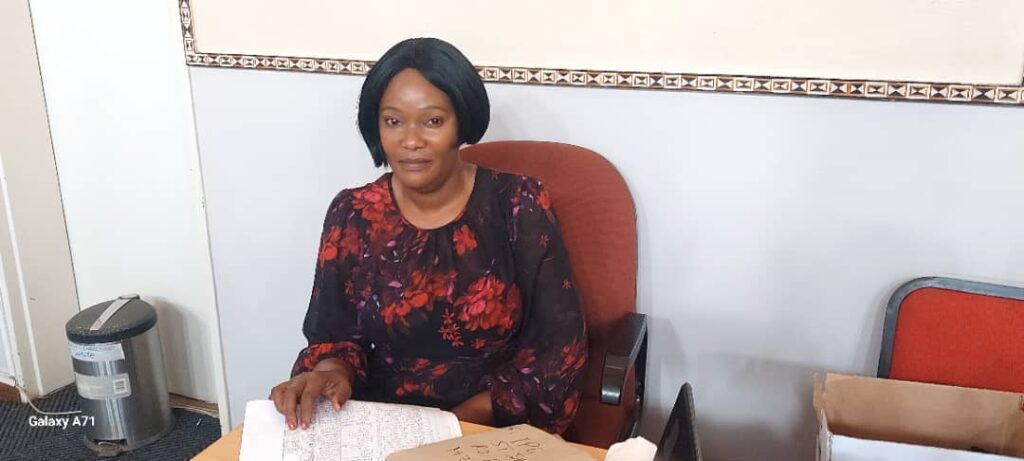Malawi Grapples with Mental Health Crisis: Upscaling Psychosocial Treatment Efforts Critic

Malawi is among Southern Africa countries facing a burgeoning mental health crisis, with a significant surge in suicide cases sounding the alarm for urgent action.
The country’s health facilities are struggling to provide adequate psychosocial treatment, leaving many individuals without access to essential care.
According to recent statistics, Malawi has witnessed a disturbing increase in suicide cases, with the majority being attributed to mental health issues.
The country’s mental health system is overstretched, and the lack of specialized care and support services is exacerbating the problem.
During the day long workshop for media practitioners from the Nyika Media Club organized by the St John of God Hospitaller in Mzuzu City, health experts warn that the situation will continue to deteriorate unless Malawi upscale its efforts to provide effective psychosocial treatment in its health facilities.
Making her presentation Tiwonge Msachi highlighted the need to increase the number of trained mental health professionals, improving infrastructure, and ensuring access to essential medications.

“The current state of mental health care in Malawi is alarming,” said Msachi, a mental health expert. “We urgently need to strengthen our mental health systems, including providing training for healthcare workers, increasing funding, and reducing stigma around mental illness.”
In her thanksgiving remarks, the executive member of the Nyika Media Club Tionge Hara encouraged the Hospitaller to continue sharing information with the media to maximise raising awareness towards psychosocial challenges and other related issues.
However, government has on numerous occasions acknowledged the gravity of the situation, pledged to prioritize mental health care stating that more needs to be done to address the root causes of mental health issues and ensure that affected individuals receive timely and effective treatment.
During the commemoration of this years World Mental Health Day, Deputy Minister of Health, Halima Daudi, called for collective effort to prioritise mental health in workplaces.
Daudi stressed the need for flexible working conditions and stronger laws to protect individuals with mental health challenges highlighting on how supportive workplaces can be key to fostering a healthy and productive workforce.
“These initiatives will sensitise employers and employees on the importance of mental health support in the workplace, we must create environments where mental well-being is prioritised alongside physical health,” quoted Daudi.
This year’s commemoration of the World Mental Health Day which was celebrated under the theme, “A Healthy Workforce is the Best Workforce,” attracted the presence of the World Health Organisation (WHO)’s country representative, Dr. Neema Kimambo who reaffirmed commitment to providing technical support for mental health programs in Malawi.
According to the recent statistics: Suicide cases in Malawi have increased by 20% over the past year, with 75% cases attributed to mental health issues.
The country has only one psychiatrist per one million people while 90% of healthcare facilities are in critical shortage of essential mental health medical supplies.




